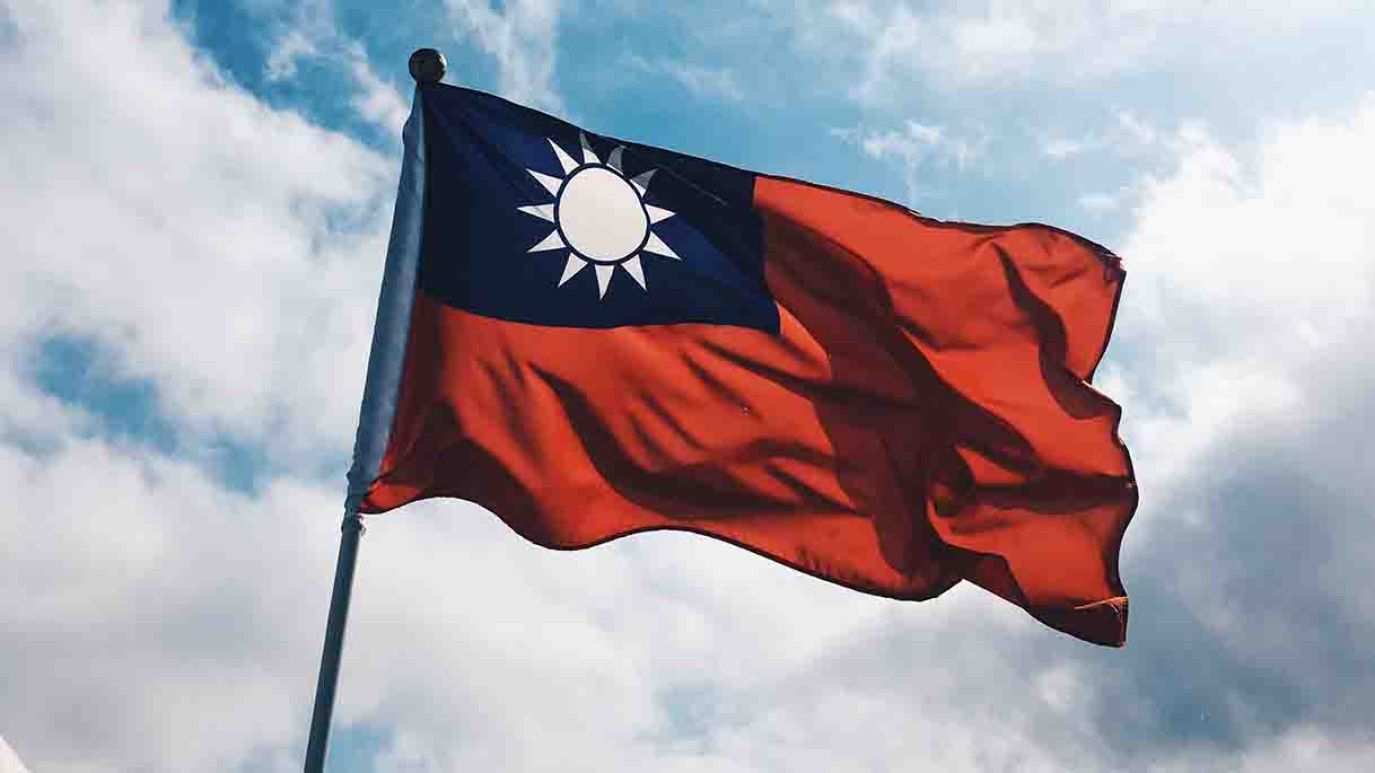Taiwan’s Diplomatic Allies Dwindling

China is ratcheting up its offensive to reduce the number of Taiwan’s diplomatic partners. Pamir anticipates that the incoming Taiwan administration will face an even more constrained international space, with negative implications for Taiwan’s pursuit of participation in multilateral institutions and international economic agreements.
Seve Paeniu, Tuvalu’s top contender for its prime minister position, has called for the new government to consider the country’s economic interests and debate the issue of whether to have diplomatic relations with Taiwan or China, according to international media reporting.
On 26 January pro-Taiwan Prime Minister Kausea Natano of the Pacific Island nation of Tuvalu lost his seat in parliament. His likely replacement, Minister of Finance Paeniu, sparked speculation that Tuvalu may follow the lead of the Pacific Island nation of Nauru, which severed diplomatic relations with Taiwan immediately after pro-independence candidate William Lai won Taiwan’s recent presidential election. Nauru first established diplomatic relations with Taiwan in 1980, switched to China in 2002, and went back to Taiwan in 2005. Taiwan’s Foreign Ministry said Beijing had promised Nauru an attractive financial aid package for making the diplomatic switch.
Tuvalu established diplomatic relations with Taiwan in 1979 and is one of 12 remaining diplomatic partners. On 28 January Taiwan’s foreign ministry said its relations with Tuvalu remained “solid.”
Taiwan media report that diplomatic relations with Guatemala and Haiti also are in danger. Following Lai’s victory, China is likely to actively squeeze Taiwan’s international diplomatic space. Beijing ultimately will be able to outcompete Taipei in terms of the financial incentives that have been the cement of these relationships.
China’s 5G influence in developing economies
China’s Belt and Road Initiative and its digital counterpart, the Digital Silk Road, threaten to displace US telecom and tech companies in developing economies in Africa, Latin America and the Middle East. How can US operators and network providers stand up to the challenge?